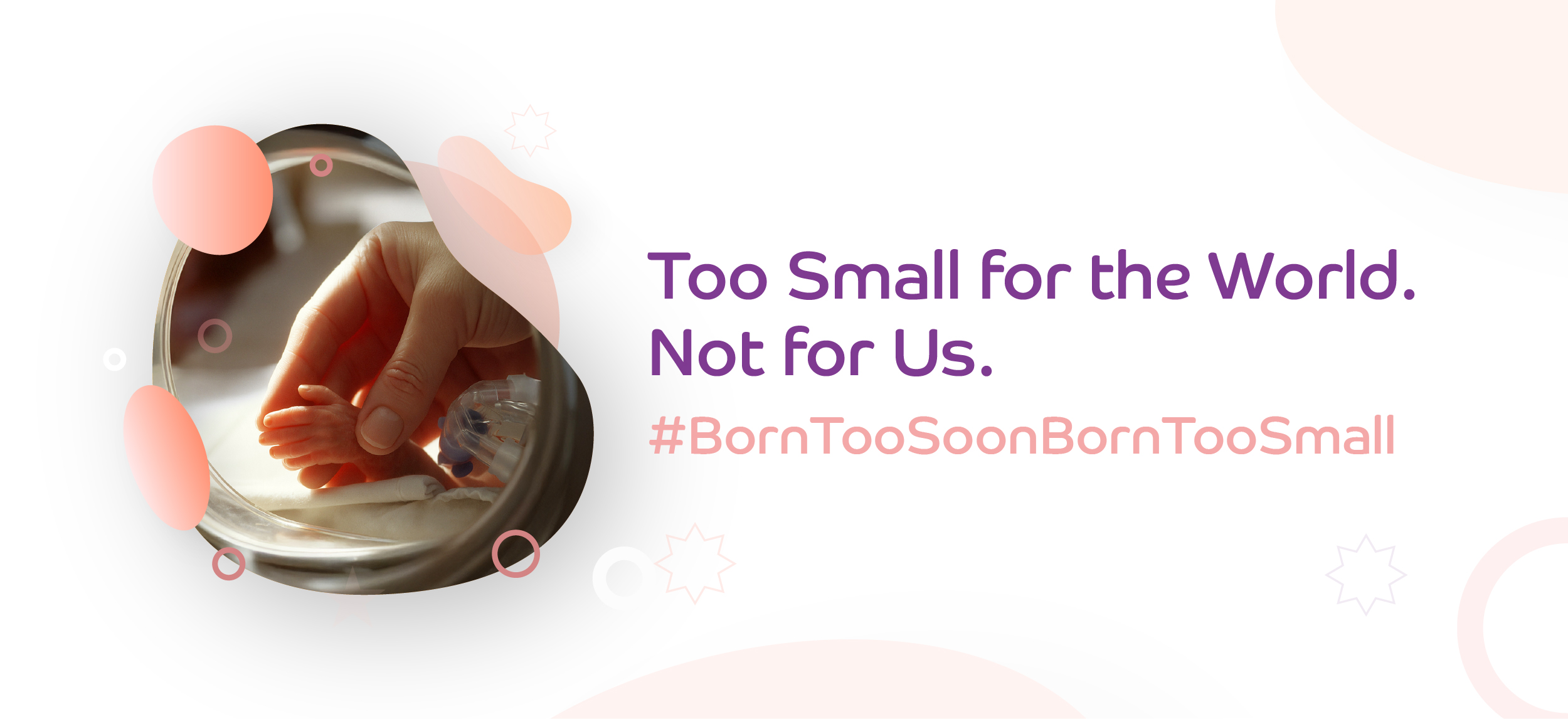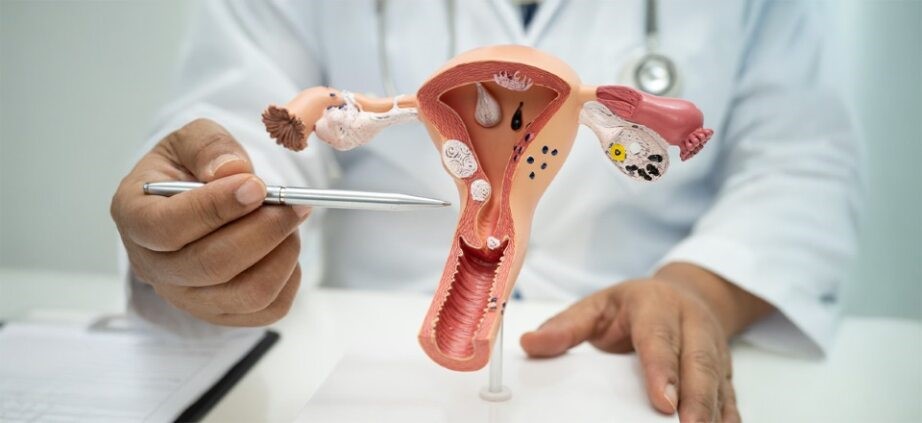Categories
Understanding Postpartum Depression: Signs and Ways to Support Recovery
Jun 23, 2025
Welcoming a baby into the world is often portrayed as a time of unfiltered joy. But for many new mothers, the postpartum period is also marked by a range of intense emotions, some of which can be overwhelming and difficult to explain. It is important to remember that it is common to experience short-lived "baby blues" and that lasting sadness, anxiety, or emotional withdrawal could signal something deeper At BirthRight by Rainbow Hospitals, we understand that caring for a mother's emotional well-being is just as important as monitoring physical recovery after childbirth. Our dedicated women's health clinic provides comprehensive postnatal support, helping new mothers recognize the signs of postnatal mental health challenges and guiding them toward healing with compassion and expertise. Families and caregivers can be rest assured that their loved ones are in good hands.
What Is Postpartum Depression?
Postpartum depression (PPD) is a serious but treatable mental health condition that affects some women after childbirth. Unlike the baby blues, which typically resolve within two weeks, PPD can persist for months and severely impact a mother's ability to care for herself and her baby. It is important to understand that PPD is not a sign of weakness or failure. Postpartum Depression is a medical condition triggered by hormonal changes, emotional stress, lack of sleep, and the enormous life adjustments that come with having a child.Signs and Symptoms of Postnatal Mental Health Challenges
Recognizing these symptoms early can make a significant difference in recovery.Some common signs of postpartum depression include:
- Persistent sadness or emptiness
- Extreme fatigue or loss of energy
- Difficulty bonding with the baby
- Loss of interest in previously enjoyed activities
- Anxiety, panic attacks, or constant worry
- Irritability or anger
- Feelings of worthlessness, shame, or guilt
- Changes in appetite or sleep patterns (beyond typical new parent sleep deprivation)
- Thoughts of harming oneself or the baby (in severe cases)
Causes and Risk Factors
Postpartum depression can affect any new mother. However, certain factors may increase the risk:- History of depression or mental health disorders
- Stressful life events or lack of support
- Complications during childbirth
- Premature delivery or NICU admission
- Hormonal fluctuations
- Sleep deprivation
- Unplanned pregnancy
How BirthRight by Rainbow Hospitals Supports New Moms Through Recovery
Our Women's Health Clinic offers a compassionate and confidential space where new mothers are heard, validated, and supported.Early Screening and Assessment
Regular mental health screening is integrated into our postnatal check-ups. Our clinicians are trained to identify early warning signs and offer immediate guidance.Counselling and Therapy
BirthRight by Rainbow Hospitals provides access to qualified psychologists and counsellors specializing in maternal mental health. Therapy can be an invaluable tool for mothers navigating the emotional challenges of new motherhood.Medication, If Needed
In moderate to severe cases, safe antidepressant medication may be recommended. We ensure our treatments are compatible with breastfeeding and tailored to each woman's medical history.Support Groups and Peer Connection
Sharing experiences with other mothers going through similar struggles can provide comfort and reduce isolation. We facilitate peer-led support groups to foster connection and emotional release.Family Involvement and Education
Recovery is often faster when partners and families are involved. We educate families about the signs of postpartum depression and offer strategies to provide meaningful support.What You Can Do To Support A Loved One?
If someone you care about is showing signs of postnatal mental health concerns:- Listen without judgment
- Encourage professional help
- Offer practical support with daily tasks or childcare
- Stay connected; isolation worsens symptoms
- Be patient, recovery takes time











